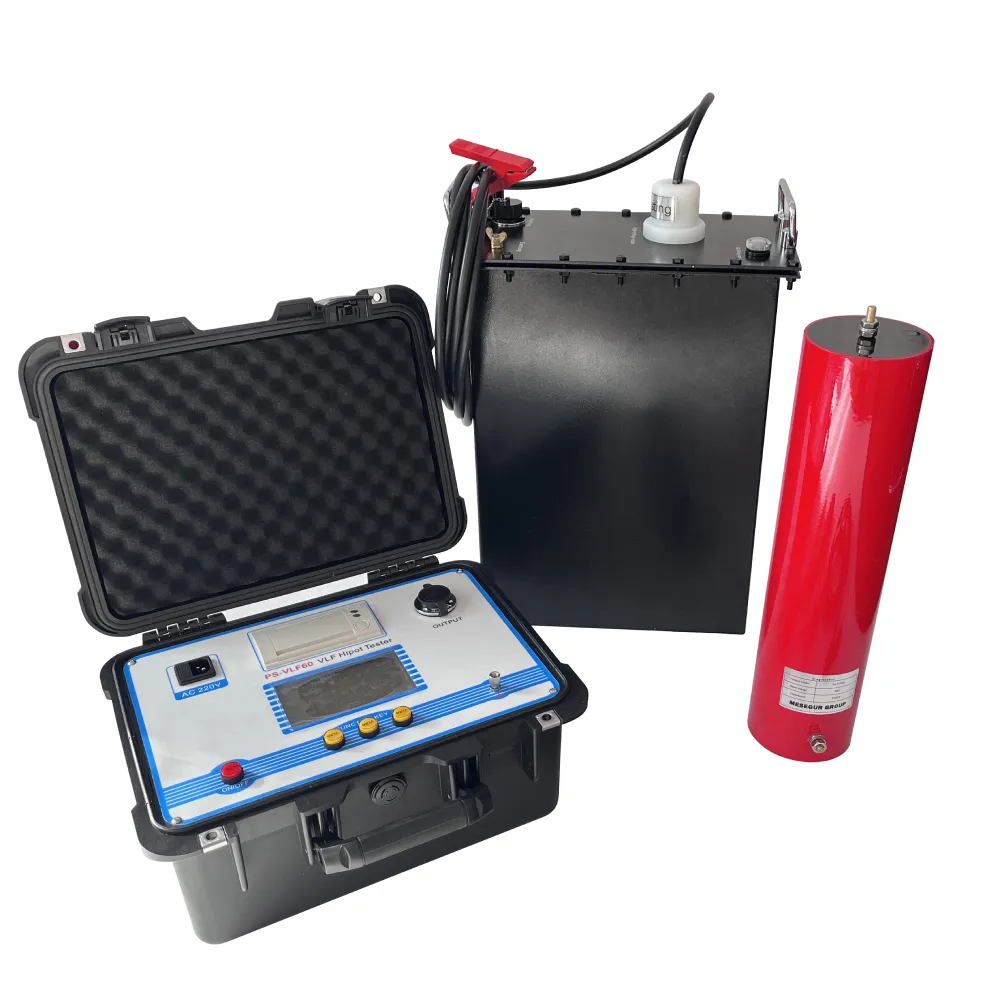TEL:
+86-0312-3189593
 English
English

Telephone:0312-3189593

Email:sales@oil-tester.com

-
 Afrikaans
Afrikaans -
 Albanian
Albanian -
 Amharic
Amharic -
 Arabic
Arabic -
 Armenian
Armenian -
 Azerbaijani
Azerbaijani -
 Basque
Basque -
 Belarusian
Belarusian -
 Bengali
Bengali -
 Bosnian
Bosnian -
 Bulgarian
Bulgarian -
 Catalan
Catalan -
 Cebuano
Cebuano -
 China
China -
 China (Taiwan)
China (Taiwan) -
 Corsican
Corsican -
 Croatian
Croatian -
 Czech
Czech -
 Danish
Danish -
 Dutch
Dutch -
 English
English -
 Esperanto
Esperanto -
 Estonian
Estonian -
 Finnish
Finnish -
 French
French -
 Frisian
Frisian -
 Galician
Galician -
 Georgian
Georgian -
 German
German -
 Greek
Greek -
 Gujarati
Gujarati -
 Haitian Creole
Haitian Creole -
 hausa
hausa -
 hawaiian
hawaiian -
 Hebrew
Hebrew -
 Hindi
Hindi -
 Miao
Miao -
 Hungarian
Hungarian -
 Icelandic
Icelandic -
 igbo
igbo -
 Indonesian
Indonesian -
 irish
irish -
 Italian
Italian -
 Japanese
Japanese -
 Javanese
Javanese -
 Kannada
Kannada -
 kazakh
kazakh -
 Khmer
Khmer -
 Rwandese
Rwandese -
 Korean
Korean -
 Kurdish
Kurdish -
 Kyrgyz
Kyrgyz -
 Lao
Lao -
 Latin
Latin -
 Latvian
Latvian -
 Lithuanian
Lithuanian -
 Luxembourgish
Luxembourgish -
 Macedonian
Macedonian -
 Malgashi
Malgashi -
 Malay
Malay -
 Malayalam
Malayalam -
 Maltese
Maltese -
 Maori
Maori -
 Marathi
Marathi -
 Mongolian
Mongolian -
 Myanmar
Myanmar -
 Nepali
Nepali -
 Norwegian
Norwegian -
 Norwegian
Norwegian -
 Occitan
Occitan -
 Pashto
Pashto -
 Persian
Persian -
 Polish
Polish -
 Portuguese
Portuguese -
 Punjabi
Punjabi -
 Romanian
Romanian -
 Russian
Russian -
 Samoan
Samoan -
 Scottish Gaelic
Scottish Gaelic -
 Serbian
Serbian -
 Sesotho
Sesotho -
 Shona
Shona -
 Sindhi
Sindhi -
 Sinhala
Sinhala -
 Slovak
Slovak -
 Slovenian
Slovenian -
 Somali
Somali -
 Spanish
Spanish -
 Sundanese
Sundanese -
 Swahili
Swahili -
 Swedish
Swedish -
 Tagalog
Tagalog -
 Tajik
Tajik -
 Tamil
Tamil -
 Tatar
Tatar -
 Telugu
Telugu -
 Thai
Thai -
 Turkish
Turkish -
 Turkmen
Turkmen -
 Ukrainian
Ukrainian -
 Urdu
Urdu -
 Uighur
Uighur -
 Uzbek
Uzbek -
 Vietnamese
Vietnamese -
 Welsh
Welsh -
 Bantu
Bantu -
 Yiddish
Yiddish -
 Yoruba
Yoruba -
 Zulu
Zulu
ജനു . 09, 2025 10:37
Back to list
PS-1001 Oil breakdown voltage tester
Transformer oil testing is a critical process that stands at the forefront of maintaining electrical infrastructure. The importance of ensuring the dielectric strength and purity of transformer oil cannot be overstated, as it directly impacts the reliability and safety of power transformers, pivotal components in electrical grids worldwide.
Dissolved gas analysis is perhaps the most insightful test, offering a window into the various insulating and thermal processes occurring within a transformer. Through gas chromatography, DGA identifies and quantifies gases such as hydrogen, carbon monoxide, and methane, which are indicative of potential electrical faults and overheating. Such rigorous testing allows specialists to implement remedial actions before minor issues escalate into major failures. Establishing authority in transformer oil testing requires not only technical knowledge but also a commitment to accuracy and reliability. Adhering to international standards such as IEC 60567 and maintaining meticulous calibration of testing equipment ensures that results are consistent and trustworthy. Furthermore, building trust in this domain hinges on transparent communication with clients. Explaining test methodologies, results, and recommended actions in layman's terms fosters a trusting relationship, positioning a service provider as a partner in asset management rather than just a vendor. In conclusion, transformer oil testing is not merely an operational activity but a critical component of transformer lifecycle management. The synthesis of advanced technology, expert analysis, and customer-centric communication defines the leading edge of service provision in this field, ensuring both safety and functionality of power systems globally. For stakeholders, choosing a reliable partner with a proven track record in testing excellence is paramount to maintaining uninterrupted energy supply and protecting valuable grid infrastructure.


Dissolved gas analysis is perhaps the most insightful test, offering a window into the various insulating and thermal processes occurring within a transformer. Through gas chromatography, DGA identifies and quantifies gases such as hydrogen, carbon monoxide, and methane, which are indicative of potential electrical faults and overheating. Such rigorous testing allows specialists to implement remedial actions before minor issues escalate into major failures. Establishing authority in transformer oil testing requires not only technical knowledge but also a commitment to accuracy and reliability. Adhering to international standards such as IEC 60567 and maintaining meticulous calibration of testing equipment ensures that results are consistent and trustworthy. Furthermore, building trust in this domain hinges on transparent communication with clients. Explaining test methodologies, results, and recommended actions in layman's terms fosters a trusting relationship, positioning a service provider as a partner in asset management rather than just a vendor. In conclusion, transformer oil testing is not merely an operational activity but a critical component of transformer lifecycle management. The synthesis of advanced technology, expert analysis, and customer-centric communication defines the leading edge of service provision in this field, ensuring both safety and functionality of power systems globally. For stakeholders, choosing a reliable partner with a proven track record in testing excellence is paramount to maintaining uninterrupted energy supply and protecting valuable grid infrastructure.
Previous:
Latest news
-
Testing Equipment Industry Sees Major Advancements in 2025: Smart & Precision Technologies Lead the WayNewsJun.06,2025
-
Applications of Direct Current Generators in Renewable Energy SystemsNewsJun.05,2025
-
Hipot Tester Calibration and Accuracy GuidelinesNewsJun.05,2025
-
Digital Circuit Breaker Analyzer Features and BenefitsNewsJun.05,2025
-
Benefits of Real-Time Power Quality Monitoring Devices for Industrial EfficiencyNewsJun.05,2025
-
Earth Fault Loop Testing in High-Rise Building Electrical SystemsNewsJun.05,2025



